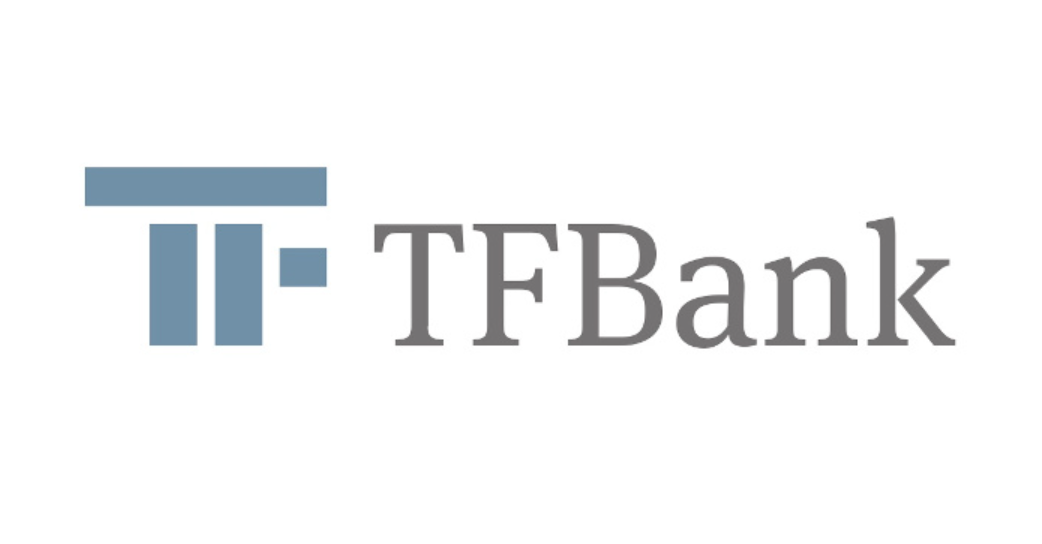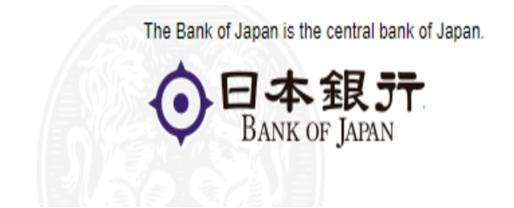How Do Rising U.S. Interest Rates Affect Emerging and Developing Economies ?
Download ↓
This paper first classifies changes in U.S. interest rates into those caused by changes in inflation expectations (“inflation” shocks), changes in perceptions of the Federal Reserve’s reaction function (“reaction” shocks), and changes in real activity (“real” shocks).
The analysis attributes this year’s sharp increases in U.S. interest rates almost exclusively to inflation and reaction shocks. These types of shocks are found to be associated with especially adverse effects: EMDE financial conditions tighten, consumption and investment fall, and governments cut spending to improve budget balances. By comparison, rising U.S. interest rates stemming from real shocks are not only associated with benign outcomes for EMDE financial conditions but also improvements in budget balances that reflect higher revenues as well as lower expenditures. Finally, this paper documents that rising U.S. interest rates driven by reaction shocks are especially likely to push EMDEs into financial crisis.




















































First, please LoginComment After ~